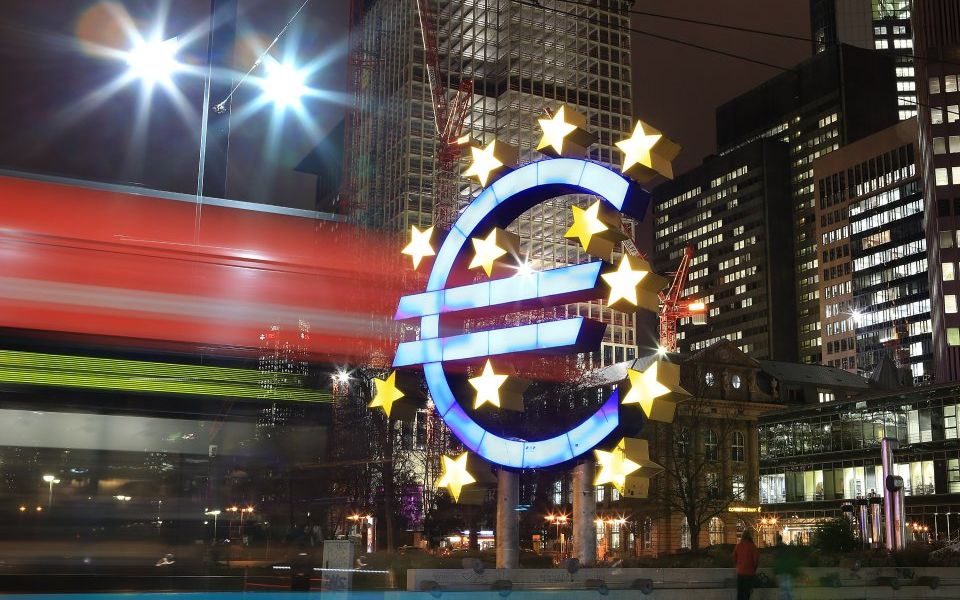
There can be no winners in a trade war

Today, the European Central Bank’s (ECB) Governing Council meets to set monetary policy for the Eurozone.
But any hopes there may have been among those of a more hawkish persuasion – particularly in Germany – that the ECB might tighten its monthly bond buying programme further have been all but crushed.
Despite the Eurozone’s economy growing strongly in 2017, inflation remains well below the ECB’s target and is falling rather than rising, while unemployment remains painfully close to 9 per cent across the Euro area.
So, the chances of the ECB taking action today were already pretty remote.
But then they were completely killed off by the prospect of a trade war between the European Union (EU) and the United States.
Market jitters
That threat has spooked investors and markets, so even if the ECB did want to act it now can’t.
It should hardly come as a surprise. The EU and US are the world’s two largest economies. If a trade war breaks out between them, all the progress of last year, when the world’s largest economies – including China – grew in step for the first time since the financial crisis, could be undone.
The increasingly heated war of words is making all markets edgy. The Dow Jones has fallen by more than 2.5 per cent since President Trump’s announcement of a 25 per cent tariff on steel imports, to below 25,000.
The FTSE 100 is lower by 1.26 per cent, the Cac-40 is lower by 3 per cent and the Dax lower by 2.49 per cent. Japan’s Nikkei 225 is lower by just shy of 3 per cent.
Economists, market analysts and politicians have lined up to condemn the move, all warning about the damage a trade war would do, in stark contrast to the President’s claims that he liked the prospect of a trade war and believed he can win one.
International Monetary Fund (IMF), managing director, Christine Lagarde warned yesterday a global trade war would create a lose-lose situation for everyone.
Self-harm
US President Trump’s own chief economic adviser, Gary Cohn, was so incensed he resigned on Tuesday night. When the Dow Jones had the opportunity to respond to Mr Cohn’s resignation on Wednesday morning it opened 300 points lower.
There are very few people, both at home or abroad, who think the imposition of tariffs by the US would be a good idea. Most think it would be a supreme act of self-harm, viewing it as irrational, doomed to failure and likely to lead to a slowdown in US economic growth, while at the same time boosting inflation. Some economists have already compared the policy to Brexit.
So why is President Trump so determined to impose tariffs? He may genuinely want to stop cheap Chinese steel imports flooding the US market and destroying a domestic industry.
But the imposition of tariffs can only lead to a response from those upon whom the tariffs are imposed. So, of course, the EU and China have reacted.
Tariffs are also very unlikely to save the US steel industry either. When Britain tried to impose tariffs on car imports in the 1970s the effect was devastating on the UK car industry.
Mid-terms
All tariffs are likely to do is cement Chinese dominance in the global steel industry.
Whether President Trump actually cares about that is a moot point. He told US voters he would impose tariffs on imported steel and is therefore keeping an election promise.
Given there are mid-term elections in November that might be smart politics. Republican voters don’t necessarily feel that globalisation has worked for them and want their government to put America first.
Where that leaves the rest of the world however, is anyone’s guess.
To find out how INFINOX Capital can help you reach your financial goals, visit www.infinox.com.